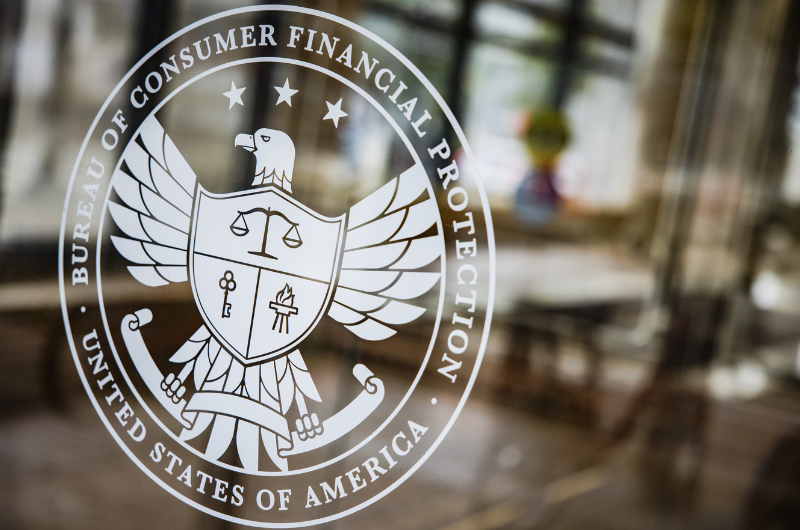


The Consumer Financial Protection Bureau (CFPB) released a special edition of its Supervisory Highlights: Junk Fees (Special Edition) that reports on “unlawful junk fees” uncovered in deposit accounts and in multiple loan servicing markets, including mortgage, student, and payday lending.
The California and Nevada Credit Union Leagues continues to believe the term “junk fees” is disingenuous and will keep credit union leaders posted regarding ongoing conversations with the bureau.
According to a CFPB statement this week: “These unlawful fees corrode family finances, force up families’ banking and borrowing costs, and are not easily avoided, even by financially savvy consumers.”
This Supervisory Highlights: Junk Fees (Special Edition) special edition covers “unlawful junk fees” (found during examinations between July 1, 2022 – Feb. 1, 2023) in the areas of:
Supervisory examinations review whether companies are complying with federal consumer financial protection law. When CFPB examiners uncover problems, they share their findings with companies to help them remediate violations. Typically, as with many of the instances identified within today’s report, companies take actions to fix the identified problems.
For more serious violations or when companies fail to take corrective actions, the CFPB opens investigations for potential enforcement actions.
“The bureau has repeatedly used that ambiguous term to describe heavily regulated, clearly disclosed fees for services that consumers use to resolve short-term financial shortfalls or incur as a result of specific, avoidable behaviors,” said Jim Nussle, president and CEO of the Credit Union National Association (CUNA). “Overdraft protection and other common fees in consumer financial services are not so-called junk fees. Attempting to connect them to truly opaque fees, like ticket or resort fees, is misleading political messaging.”
He added: “Credit unions believe in empowering consumers to manage their finances as they see fit, and this includes giving them the choice to access a variety of services if they need them.”
CUNA has stated that the overly broad use of the term “junk fees” will result in less consumer access to credit, and ignores many standard fees that consumers opt into.
2855 East Guasti Rd., Suite 202
Ontario, CA 91761
909.212.6000
1201 K. St., Suite 1050
Sacramento, CA 95814-3992
916.325.1360
c/o Great Basin FCU
9770 South Virginia Street
Reno, NV 89511-5941
202.638.5777 www.cuna.org
www.dfpi.ca.gov
Clothilde “Cloey” V. Hewlett — 415.263.8500
fid.state.nv.us
702.486.4120 (Las Vegas)
775.684.2970 (Carson City)